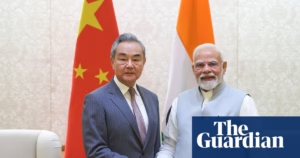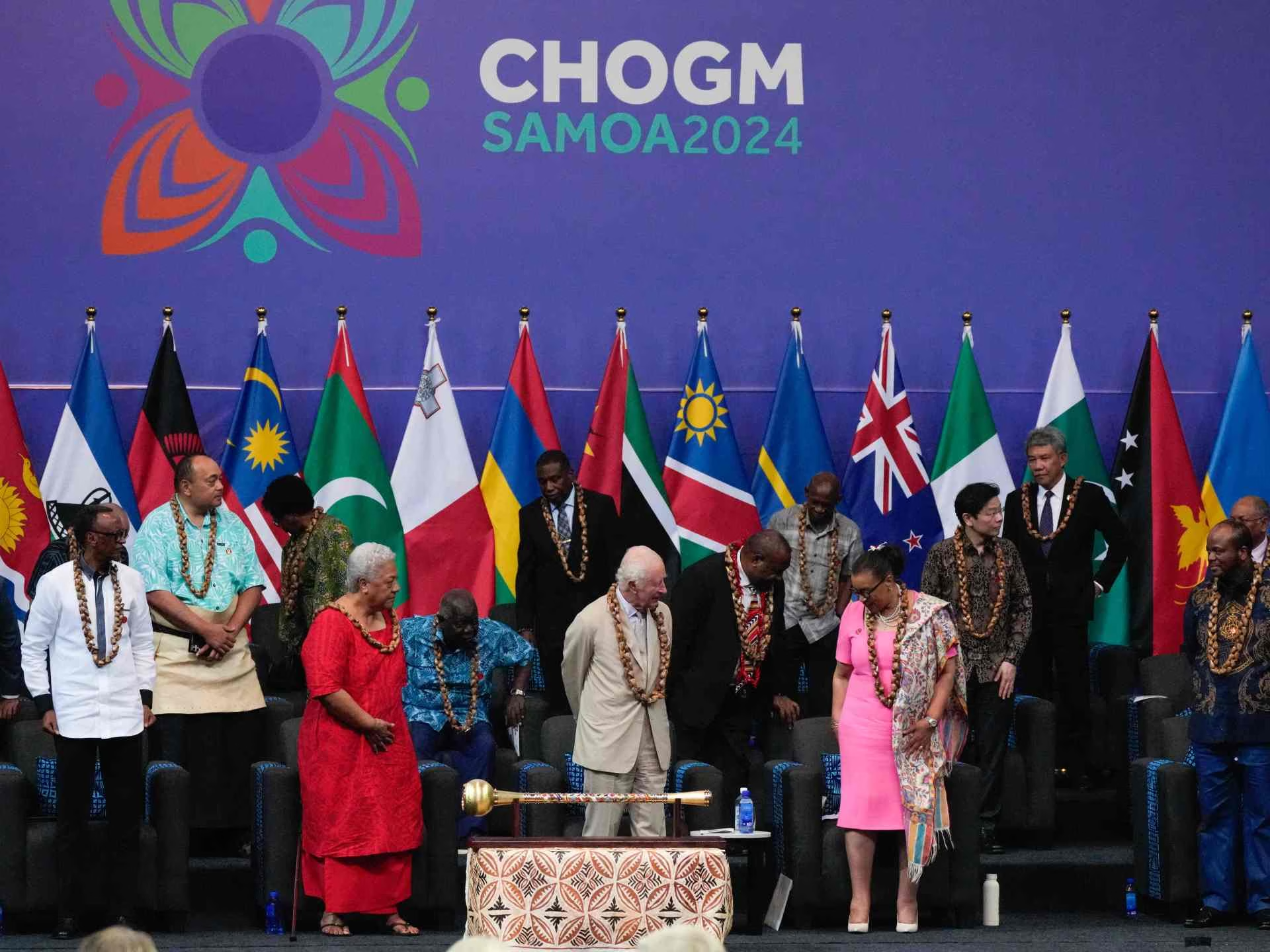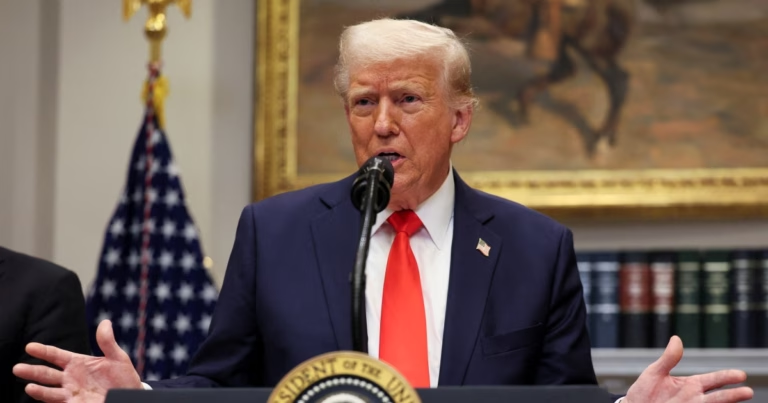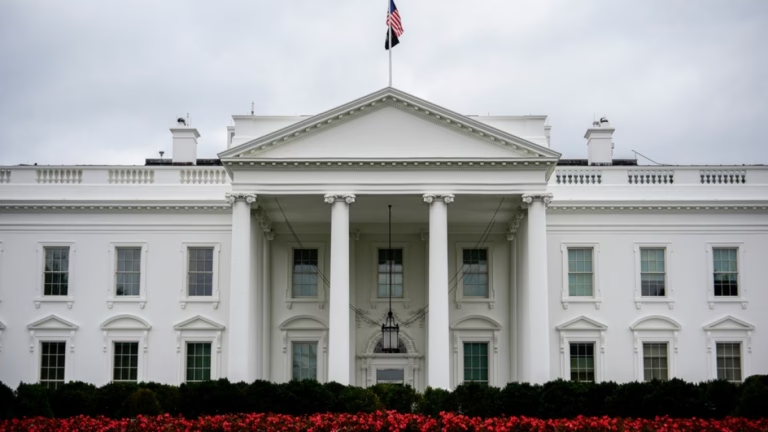However, there is more to the story. Countries wouldn’t clamor to join if the Commonwealth were truly obsolete. Common languages, legal frameworks, and education systems streamline trade among member states. The absence of such an English-speaking democratic coalition would prompt its creation.
The Commonwealth still faces challenges in proving its relevance to the wider world.
To remain pertinent, the Commonwealth must confront, rather than sidestep, the critical issues it’s primed to address. Forty years ago, it grappled with the existential issue of relations with apartheid South Africa. Today, the spotlight falls on reparations for the transatlantic slave trade, the largest forced migration in human history.
At the last Commonwealth summit in Samoa, the closing statement acknowledged the time has come for a sincere conversation on reparations, to build an equitable future.
It’s widely known that the Commonwealth has typically drawn support from those on the political right. Nonetheless, in response to the summit’s statement, some traditionally supportive voices in the media have called for the UK to leave the Commonwealth, reminiscent of the opposition to the cutoff of ties with apartheid-era South Africa.
Things don’t have to be this way. Engaging in reparations talks wouldn’t only refresh the organization’s relevance; handled with care, it could rejuvenate the Commonwealth, fostering unity and new shared objectives.
Yet, for many, reparations seem insurmountable. The atrocity is immense, spanning centuries and crossing borders. The issue of who should pay whom—individuals, communities, or governments—remains contentious. However, this should not excuse inaction on one of humanity’s gravest wrongs.
The abduction of millions of Africans has left a legacy of material harm that persists. Meanwhile, nations like Britain and others in Europe gained wealth and power from the trade. This history continues to mold our present.
However, many balk at the notion of compensating for the sins of ancestors long gone. To ease resistance, we must transcend zero-sum thinking.
Resources and cooperation could flow into new ventures between Britain and other Commonwealth nations that benefit all parties—joint investments and programs that generate shared, lasting value, designed to outlast political whims and administrations. These could be public, private, or both, and distinct from existing efforts.
Infrastructure development should take priority, promoting economic growth, creating jobs, and connecting the continent. A major hindrance to Africa’s development is its limited intra-continental trade, a result of colonial exploitation that siphoned resources to the West. Current efforts for a free trade agreement among Africa’s nations could reduce tariffs and unlock economic potential, but true progress requires tangible connectivity like roads, railways, and ports.
Debt relief should be on the table. No initial outlay of Western funds is necessary—just a write-off on government accounts. Debt is ruining many African countries, amplified by a global financial order that serves Western interests while punishing developing nations. This wasn’t by chance; banking, insurance, and capital markets were shaped by the gains and economic structures of the slavery era.
Today, many African nations spend more on debt repayments than on education and healthcare. Fiscal space is crucial not just for development but for nurturing climate resilience in a continent that, despite minimal contribution to global warming, is among the hardest hit.
Demands to leave the Commonwealth won’t stifle reparations dialogue. It was a key issue at the African Union summit and has been a Caribbean Community focus for over a decade. Instead of retreating, why not take the lead, as the Commonwealth did with sanctions against apartheid South Africa? No other global body allows for such serious, practical conversations about reparatory justice among the developed and developing worlds. Once past the distractions, a reparations framework could be devised that promotes mutual benefit rather than conflict.
Africa brims with opportunity. Its markets will soon boom, catalyzed by a youth bulge that will see one in four working-age individuals worldwide living on the continent by 2050. The continent is rich in the minerals that will fuel the energy transition and define future economies. To fully capitalize on this, past injustices must be addressed and used as a lever for joint development.
The Commonwealth is often seen as just a discussion forum. But on this topic, discussing is exactly what is needed.
Disclaimer: The views expressed in this article are the author’s own and do not necessarily reflect Al Jazeera’s editorial stance.








